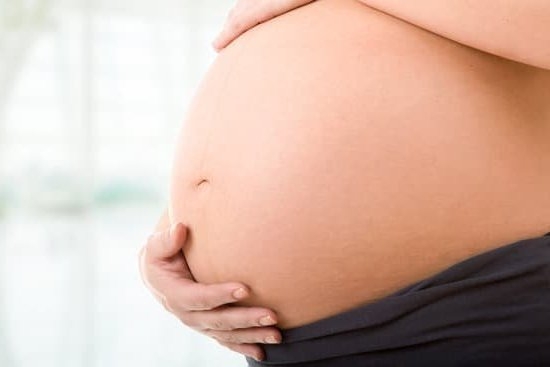Pregnancy In Horses
As humans, there are many things we take for granted in our everyday lives; one of these being the miracle of childbirth. That said, we often forget that animals too experience this transformative experience of family life, perhaps most notably in horses.
Duration
The gestation period for a horse is more than mere months—it’s 11 long months. The average horse’s pregnancy lasts between 320 and 370 days. Just like humans, the gestation period of a horse is highly individualized, so the length of a pregnancy may vary between different mares and even for a single mare in different pregnancies.
Signs and Symptoms
During the later stages of pregnancy, there are several signs and symptoms that can help you determine if your mare is pregnant or not.
- The most obvious being a visible increase in the size of the abdomen.
- Changes in behavior, like moodiness.
- Reduced appetite.
- Milk in the mammary glands.
Diagnosis
If you suspect your mare may be pregnant and you’ve identified evidence of the signs and symptoms mentioned above, the best way to confirm your mare’s pregnancy is to have a vet conduct an ultrasound.
Additionally, a blood test taken seven days after mating can detect the pregnancy hormone and may help diagnose a pregnancy earlier than an ultrasound, as this can be done as early as 15 days post-mating. However, it’s important to note that due to a high rate of inaccurate results, this method is not 100% reliable.
Complications
As expected, the most common risks of pregnancy include those associated with labour and delivery. It is estimated that about 10-15% of foaling mares experience some form of complication during delivery. These complications include, but are not limited to:
- Placentitis, which is an infection of the uterus.
- Dystocia, which is a difficult or abnormal delivery.
- Harlequin fetus, which is a rare but life-threatening condition of the fetus.
- Retention of the placenta, which occurs when the mare fails to expel the placenta after delivery.
To help avoid or minimize the risk for complications, it’s important for a mare to have regular check ups with her vet throughout her entire pregnancy.
Conclusion
The miracle of childbirth is something to be celebrated in all species, and horses are no exception. While the road of pregnancy and delivery is full of twists and turns, it is ultimately worth it in the end.
By closely monitoring your mare’s health and well-being throughout her pregnancy, you can help to ensure a safe and successful delivery.
So, the next time you gaze into the eyes of that new foal, take a moment to reflect on the long road of pregnancy mares go through to bring new life into the world.

Welcome to my fertility blog. This is a space where I will be sharing my experiences as I navigate through the world of fertility treatments, as well as provide information and resources about fertility and pregnancy.



